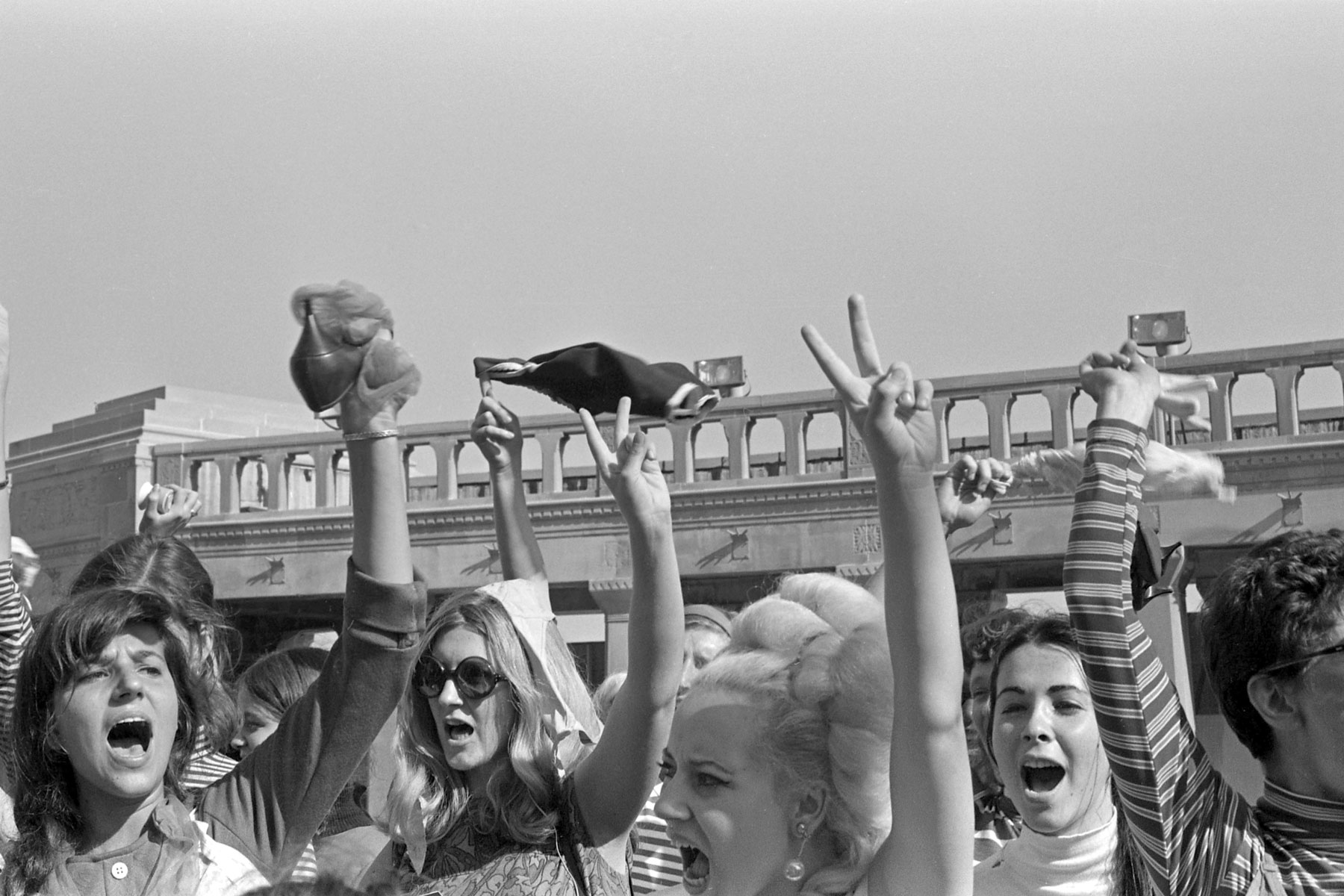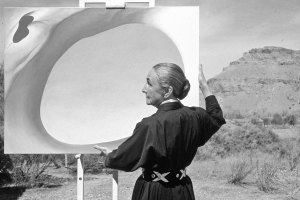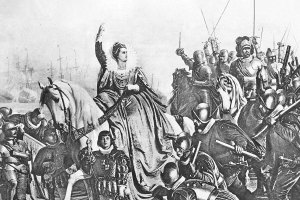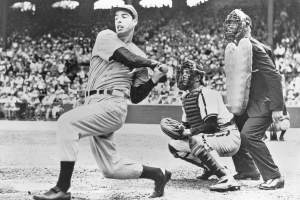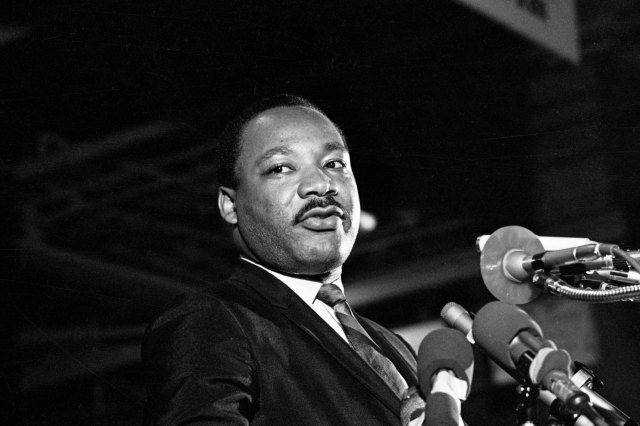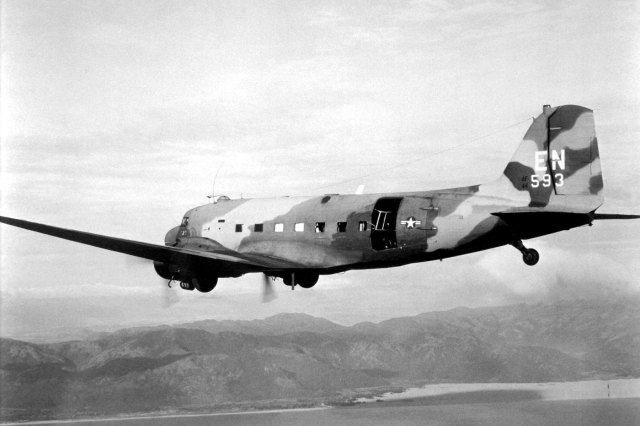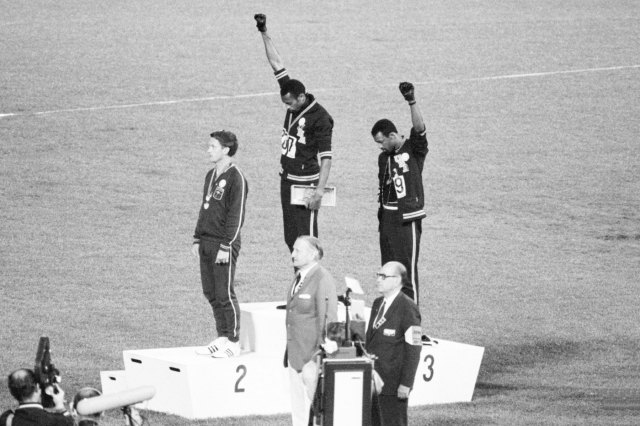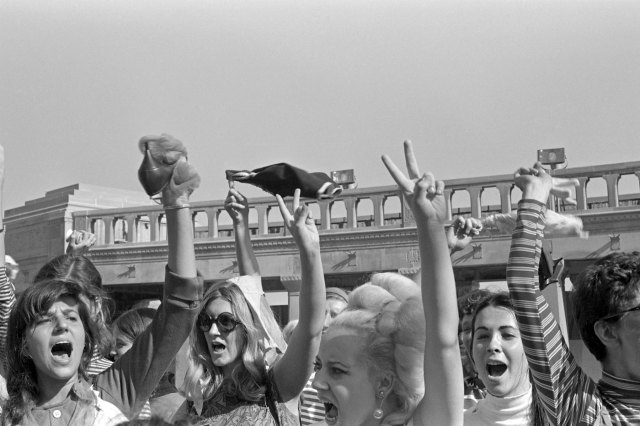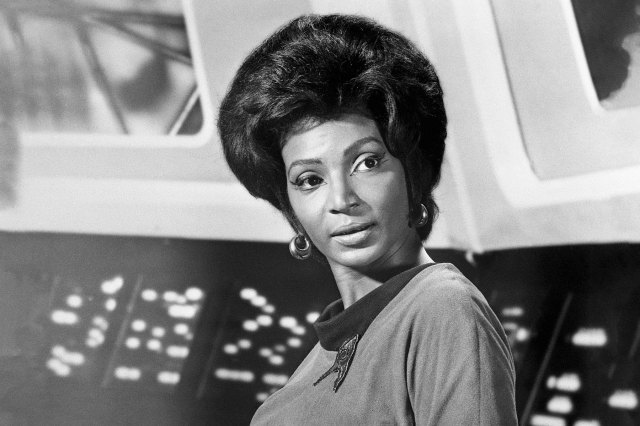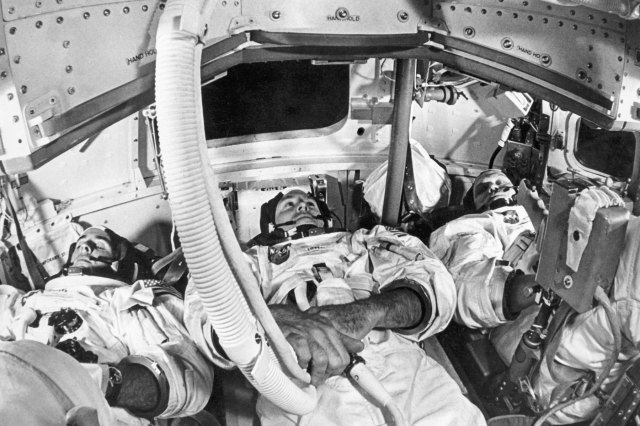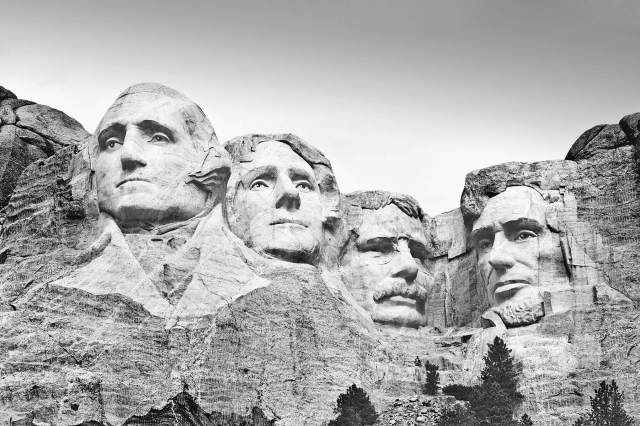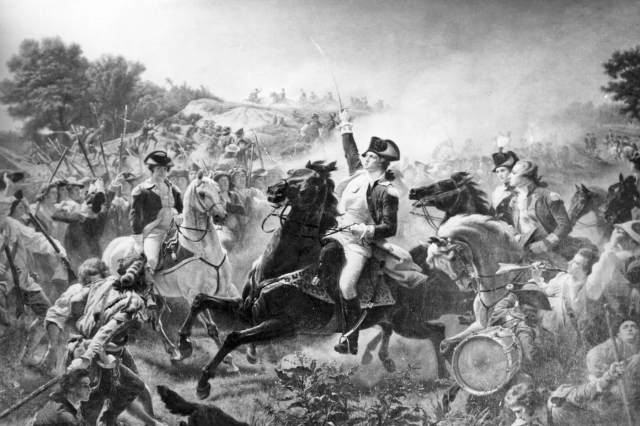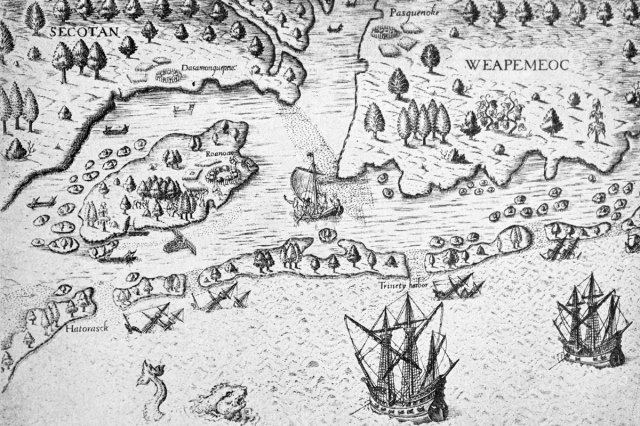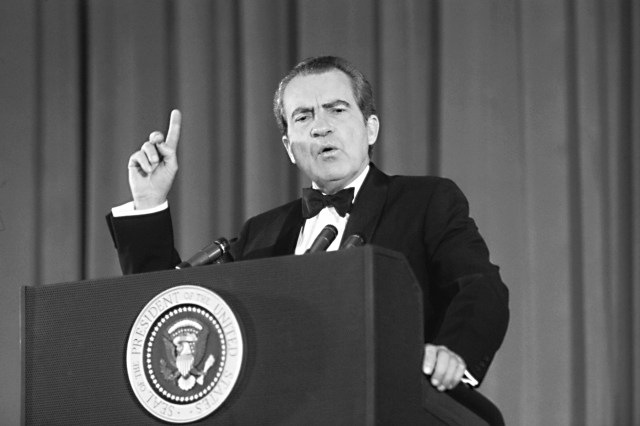7 Ways the Year 1968 Changed America
It’s been referred to as the year that changed America: In 1968, the United States experienced an unprecedented upheaval of long-held values and practices that left an indelible — and still reverberating — mark on the country. Facing the assassinations of beloved leaders, protests against the Vietnam War and racial inequality, and a major shift in media and pop culture, the nation was forced to confront some of its most deeply rooted issues, and evolve in the process. While the year was marked by tragedy and division, it also led to significant progress in civil rights and political activism, inspiring a generation of Americans to fight for equality and justice, and in turn, reshape the country's social landscape. Here are seven events from 1968 that changed America.
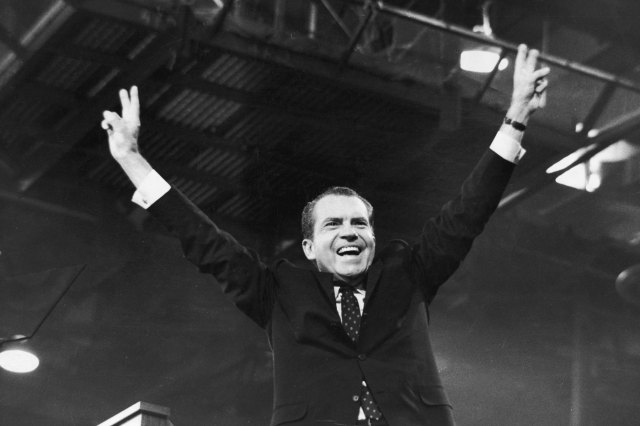
Richard Nixon Became President After a Divisive Election
The 1968 presidential election is still considered one of the most contentious and divisive elections in U.S. history. In March, President Lyndon B. Johnson announced that he would not be seeking reelection. In the ensuing months, America’s opposition to the Vietnam War escalated, and the stunning assassinations of Martin Luther King Jr. and Robert F. Kennedy sent the country into angry unrest. An already tense political climate was thrown into chaos when anti-war protesters clashed with police outside the Democratic National Convention in Chicago. In the end, a fraught and uninspiring race between Republican candidate Richard Nixon, Democrat Hubert Humphrey, and segregationist George Wallace ended in a victory for Nixon. The contentious nature of the election contributed to a deepening sense of political polarization in the United States.





